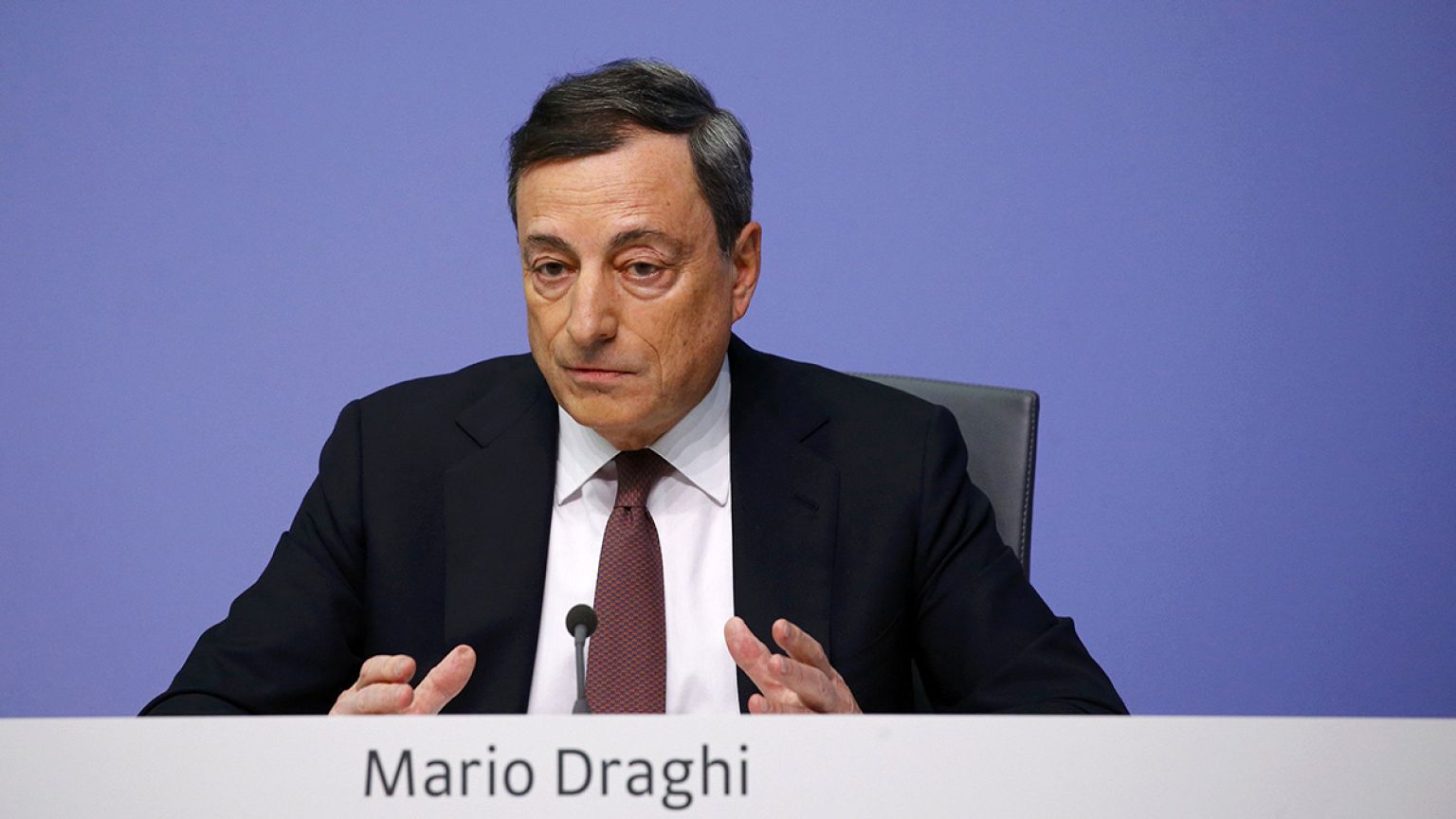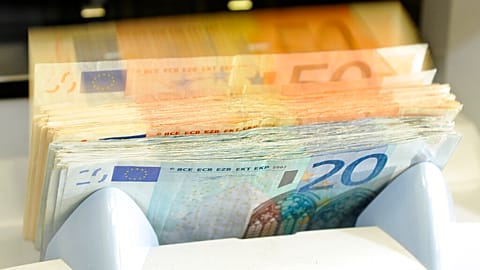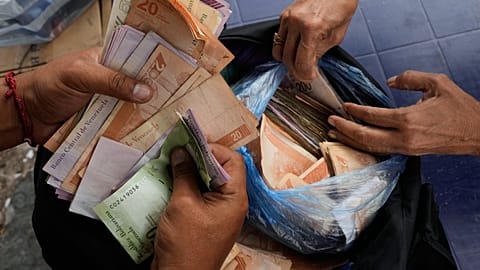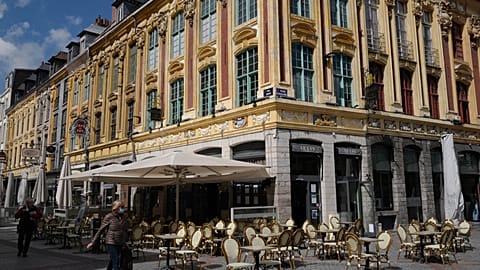The European Central Bank is to review its monetary policy in March, hinting there will be more stimulus to try to get the eurozone economy moving again.
European Central Bank head Mario Draghi has been doing what he can to reassure the financial world by hinting that the ECB could be going to provide more stimulus for the eurozone economy.
Turmoil in the markets and concerns over China and other developing nations will mean a review of the Bank’s monetary policy in March, Draghi said: “In this environment, euro area inflation dynamics also continue to be weaker than expected. It will therefore be necessary to review and possibly reconsider our monetary policy stance at our next meeting in early March.”
Speaking after a policy meeting where it was decided to keep the cost of borrowing unchanged, Draghi was downbeat about the prospects for growth in the countries of the eurozone. “As we start the new year, downside risks have increased again amid heightened uncertainty about emerging market economies’ growth prospects, volatility in financial and commodity markets and geopolitical risks,” he said.
As well as signalling that the ECB is prepared to further expand its quantitative easing programme, Draghi defended last December’s policy decisions which have been criticised by some as insufficient.
At that time they increased the charge on banks for parking money on deposit at the ECB in an effort to get the banks to lend more, and also expanded quantitative easing to buy chiefly government bonds.
Draghi said given what was known at the time the measures were enough. He pointed out that since then oil prices have slumped by 40 percent.
The ECB’s December projections were based on crude oil prices averaging $52.2 a barrel this year, but Brent crude is currently trading around $27 per barrel.
“We are not surrendering in front of these global factors,” Draghi said, noting that lower energy costs should also serve to boost household consumption and investment.
However low energy prices also impact other goods and services, pushing core inflation to levels way below what the ECB says is needed for health economic growth.


















